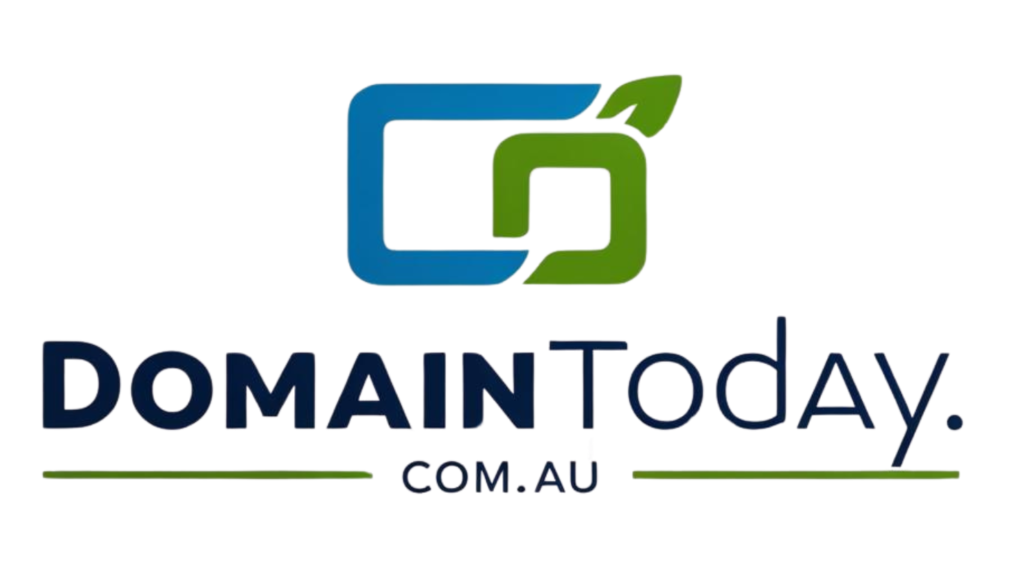The Internet has revolutionized global communication, commerce, and cultural exchange, connecting billions worldwide. However, the question arises: Does the digital landscape truly represent the diversity of languages and cultures worldwide? Unfortunately, the answer is not entirely affirmative, especially for marginalized communities. While the Internet has bridged geographical gaps, linguistic and cultural diversity in the digital sphere remains uneven, particularly in the Domain Name System (DNS) where the full potential is yet to be realized.
In a digital realm where language is less of a barrier, indigenous communities in the Americas could establish online spaces using gTLDs in their native languages, preserving cultural heritage. Tech hubs in Southeast Asia and Latin America could brand themselves with gTLDs, attracting global investment and talent. Specialized communities, from scientists to artists, could create online hubs reflecting shared passions using gTLDs like .eco for environmental organizations or .art for the art community.
The power of top-level domains is key to unlocking a more inclusive and representative Internet. The expansion of generic top-level domains (gTLDs) beyond the limited set of domains like .com or .org rooted in English presents a significant opportunity. With over 1,200 gTLDs by 2024, the DNS now supports domain names in multiple scripts and longer gTLDs. ICANN, responsible for the Internet’s addressing system, has initiated rounds of new gTLD applications to encourage innovation and diversity in the Domain Name System.
New gTLDs offer businesses a tool for branding and communication, enhancing brand recognition and trust. Cities worldwide have used geographical gTLDs to promote their culture and lifestyle, fostering online communities. BMW, a leading automotive manufacturer, leveraged a brand gTLD to commemorate its history and showcase future aspirations, demonstrating the potential of gTLDs for storytelling and branding.
The expansion of gTLDs presents a strategic opportunity for NGOs, IGOs, and nonprofits to align their digital identity with their values and mission, enhancing visibility, engagement, and credibility. A dedicated gTLD can strengthen brand identity, increase global reach, and empower storytelling, enabling underrepresented communities to share their narratives and advocate for their rights on a global stage.
Internationalized Domain Names (IDNs) play a crucial role in empowering linguistic diversity online, allowing users to navigate the Internet in their native languages and scripts. By supporting IDNs, the online experience becomes more multilingual, breaking down language barriers and fostering inclusivity in the digital economy.
The upcoming round of new gTLD applications offers a chance for diversity and accessibility in the digital landscape. To address potential barriers, ICANN’s Applicant Support Program (ASP) provides financial and technical assistance to underrepresented communities and organizations throughout the gTLD application process.
The expansion of gTLDs calls for organizations worldwide to reimagine their online presence and contribute to a more inclusive Internet. Embracing a dedicated gTLD could benefit communities, businesses, and causes, enhancing online representation and connectivity. Pierre Dandjinou, Vice President of ICANN in Africa, emphasizes the transformative power of gTLDs in shaping a more diverse and inclusive digital world.
📰 Related Articles
- Unlocking the Power of Chia Seeds for Athletes
- Why Did ITM Power Stock Dip on London Stock Exchange?
- Why Authentic Diversity Matters in Lingerie Shopping Trends Today
- Virgin Australia to Relist on ASX, Unlocking Growth Potential
- Variety Explores Power of Women and Nashville in Entertainment






